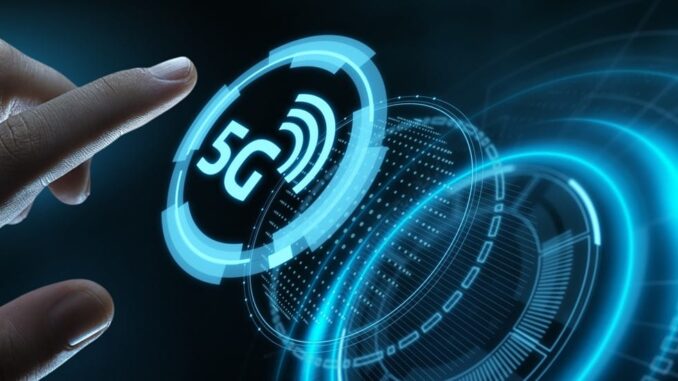
5G Evolutionary refers to the ongoing developments and enhancements within the 5G network technology, building upon the foundation laid by previous generations of mobile communication (like 4G/LTE) and advancing towards a more robust, high-speed, and low-latency communication framework. Here are some key aspects of the 5G Evolutionary process:
Focuses on providing higher data rates for users, improved capacity, and better overall performance, allowing for applications like 4K video streaming, augmented reality (AR), and virtual reality (VR).








Aimed at applications requiring very low latency and high reliability, such as critical communications in industries, autonomous vehicles, and remote surgeries.
Supports a vast number of IoT devices that require connectivity with minimal data needs, such as environmental sensors and smart meters.
Allows operators to create multiple virtual networks on a single physical network infrastructure, tailored for different applications and services, enhancing efficiency and resource utilization.
Utilization of new frequency bands, including sub-6 GHz and mmWave (millimeter wave), to increase network capacity and performance.
Brings computation and data storage closer to the end-user to reduce latency and improve the performance of applications, especially those reliant on real-time data processing.
Integration of AI and ML techniques for network management, optimization, and predictive maintenance, leading to enhanced performance and user experience.
Encouragement of open standards and interoperability between different network components and technologies to foster innovation and allow diverse service providers to operate efficiently.
Development of energy-efficient technologies and practices to reduce the carbon footprint of network operations as the demand for connectivity continues to rise.
Ongoing collaboration among different countries and technology providers to standardize technologies, ensuring global compatibility and consistent user experiences.
As the technology continues to evolve, we can expect advancements in these areas, which will enable new applications, improve user experiences, and transform various industries. Technology such as 5G is foundational not only for mobile communications but also for the broader development of smart cities, connected vehicles, IoT ecosystems, and more.


Leave a Reply